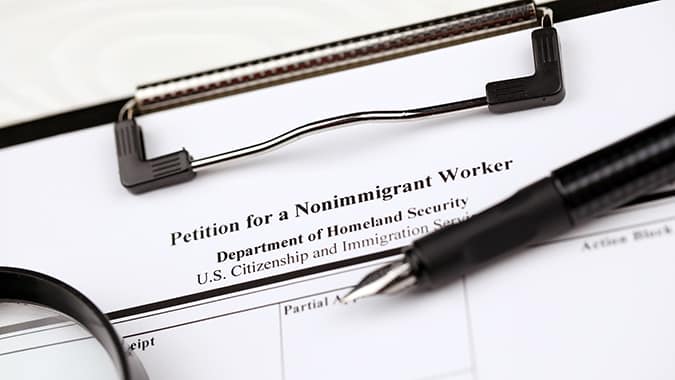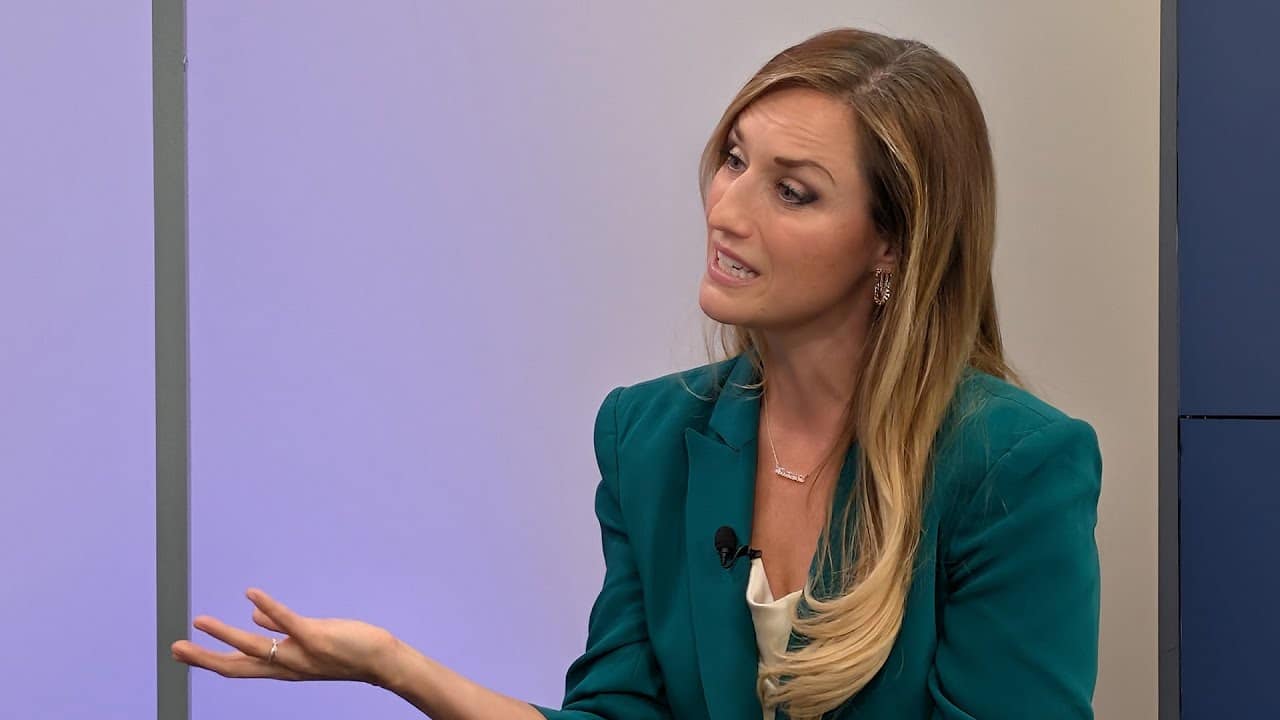The H-1B Modernization Final Rule intended to give businesses more flexibility in employing highly skilled foreign workers in occupations with high job vacancies, while also strengthening federal oversight of the visa program, takes effect in two weeks.
The final rule, announced last month by the Department of Homeland Security, requires employers to use a new Form I-129 Petition for Nonimmigrant Worker that will be available on Jan. 17. Because there is no grace period, a preview version of the new form is available for employers to review on the U.S. Citizenship and Immigration Services’ (USCIS) website here.
The H-1B nonimmigrant visa program allows U.S. employers to temporarily employ foreign workers in specialty occupations that require highly specialized knowledge and a bachelor’s or higher degree in the specific specialty, or its equivalent.
The final rule aims to provide greater flexibilities for employers and workers by modernizing the criteria for specialty occupation positions as well as for nonprofit and governmental research organizations that are exempt from the annual statutory limit on H-1B visas.
The changes are intended to help U.S. employers hire the employees needed for their business and remain competitive in the global marketplace. The rule also extends flexibility for students on an F-1 visa seeking to change their status to H-1B to avoid disruptions in lawful status and employment authorization for those F-1 students.
To improve program efficiency, the final rule will allow USCIS to process applications more quickly for most individuals who had previously been approved for an H1B visa. It will also allow H-1B beneficiaries with a controlling interest in the petitioning organization to be eligible for H-1B status subject to reasonable conditions.
The rule strengthens oversight by codifying USCIS’ authority to conduct inspections and impose penalties. It also clarifies that the specialty occupation standard requires a direct connection between the required degree and the duties of the position.
“The H-1B program was created by Congress in 1990, and there’s no question it needed to be modernized to support our nation’s growing economy,” USCIS Director Ur M. Jaddou said Dec. 17. “The changes made in today’s final rule will ensure that U.S. employers can hire the highly skilled workers they need to grow and innovate while enhancing the integrity of the program.”
H-1Bs are subject to a numerical cap that does not meet demand, which is why the USCIS conducts a lottery to select beneficiaries for the H-1B visas. Employers must submit an H-1B cap registration in March 2025 for each worker it intends to enter in the H-1B lottery for FY 2026.
NJBIA will present an HR program on Jan. 30 with Connell Foley attorneys Victoria A. Donoghue and Abigail J. Walsh that will explore the H-1B program and immigration alternatives for employers who are unsuccessful in the H-1B lottery. To register for that program, which will be held at the Pines Manor in Edison, go here.




